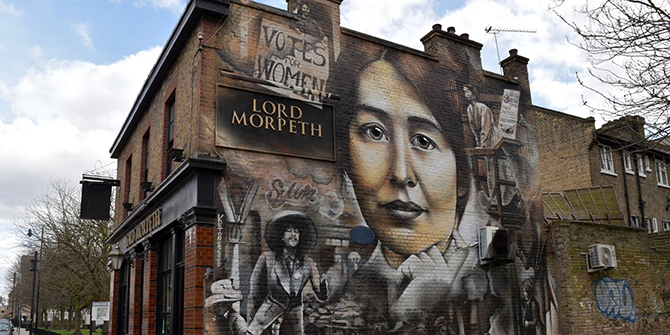Steve Sharra is a teacher-educator in Malawi who will participate in the first cohort of LSE’s Programme for African Leadership (PfAL). The programme will run from Monday 19 to Friday 30 March and it will give emerging leaders from Africa the opportunity to access high-level academic thinking and policy ideas on contemporary debates around the world. PfAL is kindly supported by the Firoz and Najma Lalji Foundation.

1. Tell us a bit about yourself
I’m a Malawian teacher-educator. I taught at primary school level and worked at Malawi’s national curriculum centre, the Malawi Institute of Education. I was president of the Malawi Writers Union at 25 and co-chaired the 1997 Malawi Literary Festival & International Book Fair. I was an honorary fellow in writing & a Writer-in-Residence in the US, where I also attended graduate school.
2. What is the state of leadership in Africa today?
Contrary to the conventional view that African leadership is different from leadership elsewhere, I think that it is the destruction of indigenous structures of governance that makes Africa’s leadership problems appear unique. Power changes people, and leaders everywhere are uninterested in strengthening structures of governance. In Africa this is compounded by a past that eroded civic structures and uMunthu values.
3. What is the biggest challenge facing Africa today?
Africa’s problems are global problems, the difference being the degree. A history of dispossession created global inequalities, eroded self-confidence and imposed an education system that relegates Africa to being a recipient rather than a co-creator of knowledge. That history brought a system of governance that keeps the majority from participating, leading to disempowerment and the entrenchment of inequality.
4. As an educator, what is your analysis of the tertiary education system in Africa?
African tertiary education has not lived up to its potential. It has produced a few world class intellectuals, but, in numbers too small to have a transformative impact on the larger African society. But there are significant developments on the horizon, with new thinking about how to make research Africa-grounded and train the next generation of African intellectuals.
5. What are you most looking forward to at the Programme for African Leadership?
The course list looks cutting-edge, fitting what they call executive leadership training and tackling today’s most important problems in global policy. Many of the professors are world-renowned leaders in their fields. Overall, I’m looking forward to establishing a connection with LSE, and to networking with like-minded Africans working to create a better Africa and a better world.



